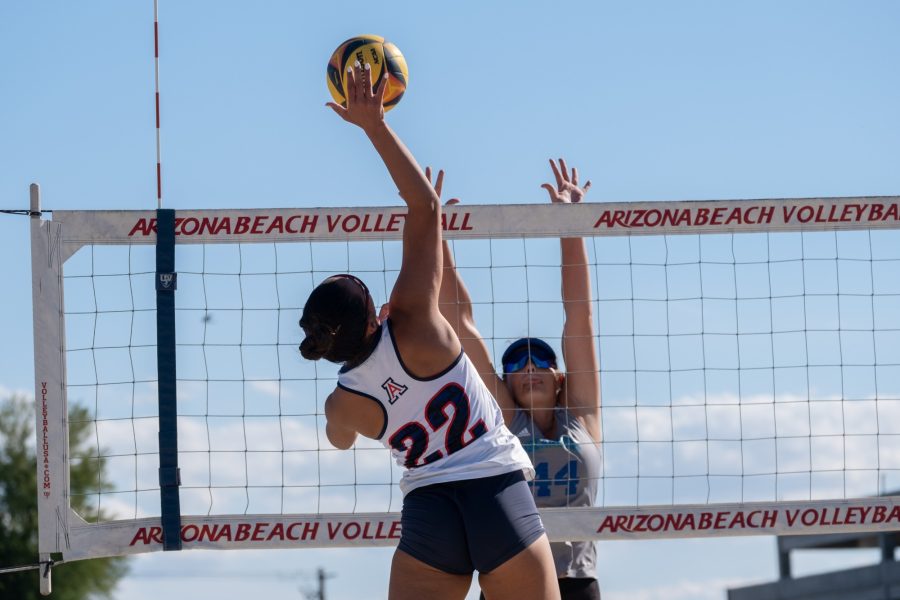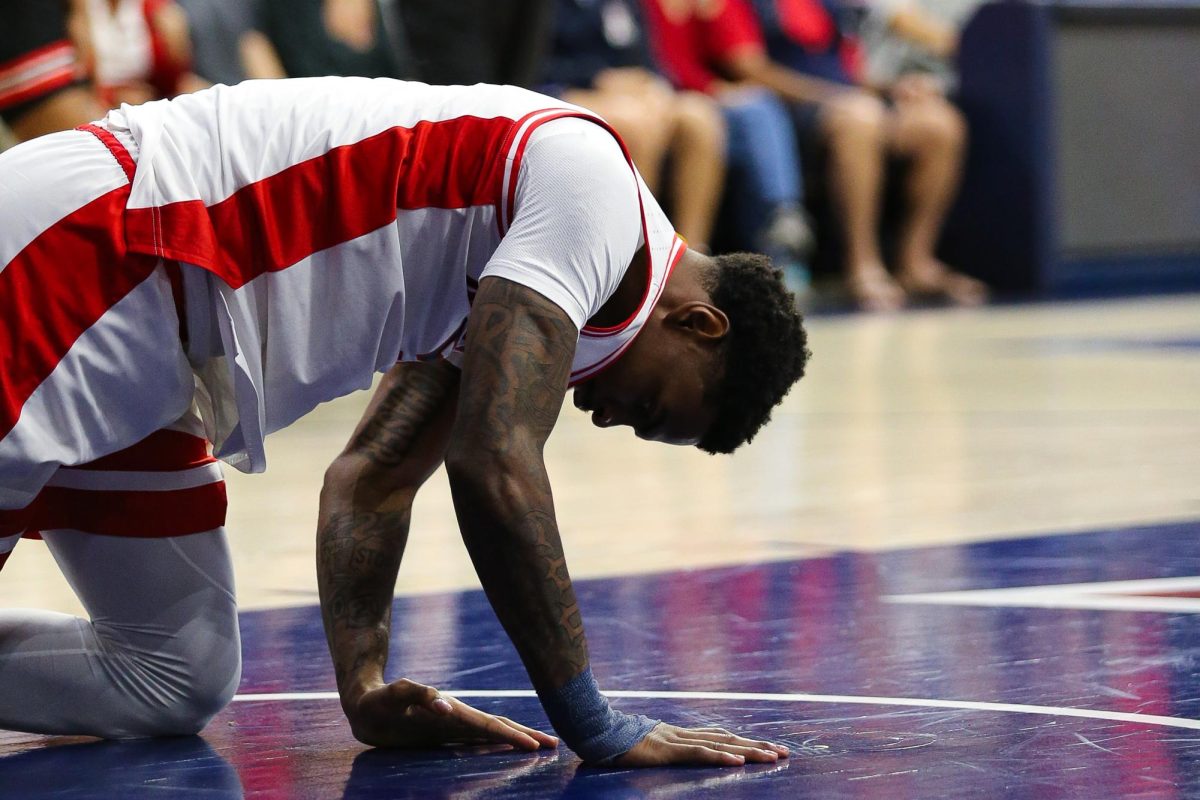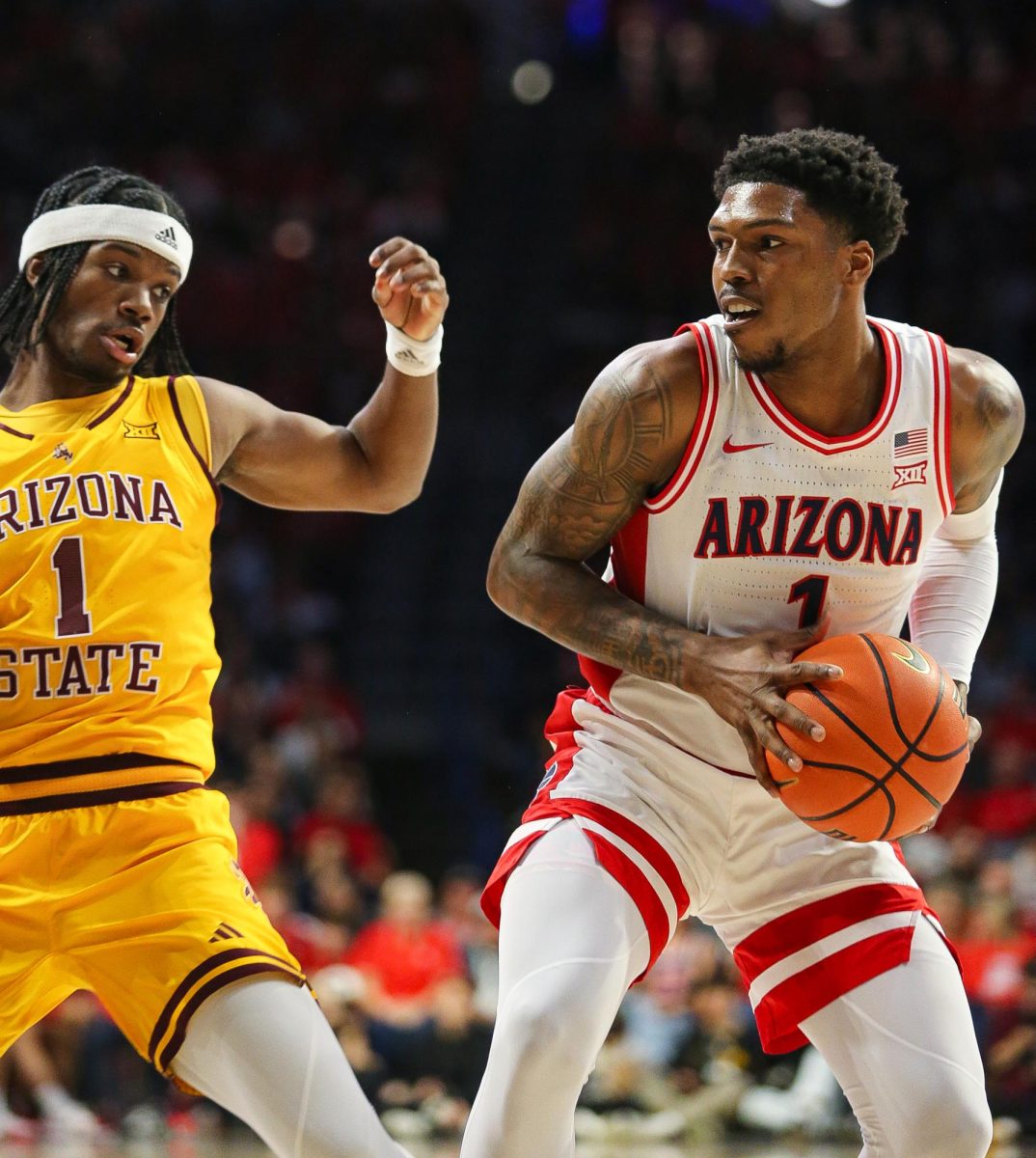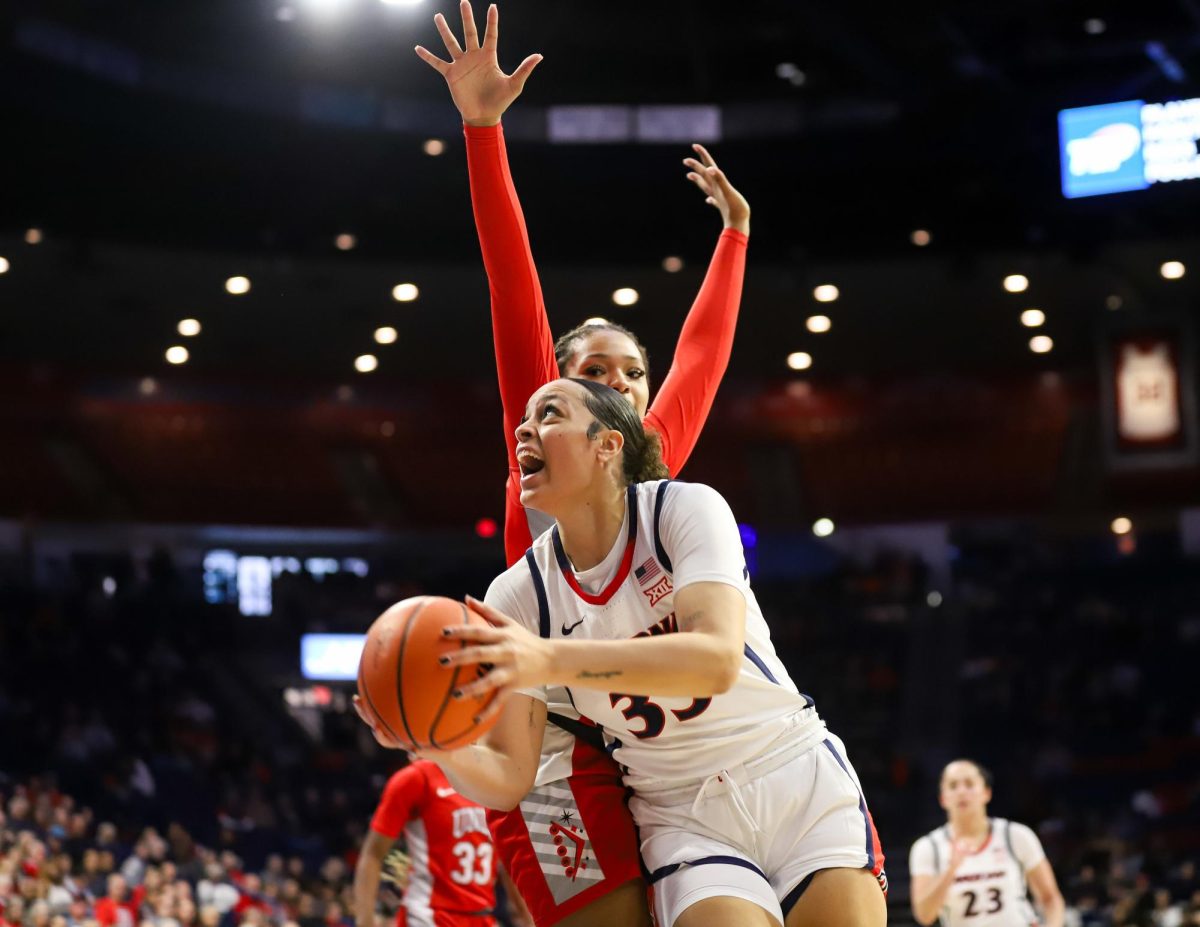Everybody’s a loser in the NHL’s latest lockout.
The players, the owners, the fans. The city’s tax coffers, the arena workers, the folks who own businesses around the arenas.
The owner-imposed lockout is well into its second week, and both sides seem dug in for a long, drawn-out labor battle.
“The whole thing is sad,” Flyers defenseman Braydon Coburn said Friday. “It affects so many different people.”
“Keep patient,” Flyers forward Zac Rinaldo said when asked what message he would give to the fans, “because when it gets back, it’s going to be a hell of a time.”
Several exhibition games have been canceled, and regular-season games, scheduled to start Oct. 11, are next in line.
Based on numbers surrounding a franchise as similarly successful as the Flyers, the Boston Bruins, the lockout would probably cost area businesses close to $1 million per Flyers home game.
Pat Moscaritolo, president of the Greater Boston Convention and Visitors Bureau, told the Boston Business Journal that the labor dispute could lead to the city’s losing $850,000 to $1 million per game in local business revenue. NHL teams play 41 regular-season home games.
Phil Hopkins, vice president and director of research for Select Greater Philadelphia, said he didn’t have enough information to estimate the revenue-loss figure for businesses around the Wells Fargo Center. But he said the Boston figure “doesn’t seem unreasonable. You would think it would be comparable” in Philadelphia.
Hopkins, whose company is affiliated with the Greater Philadelphia Chamber of Commerce, noted that the area’s economic impact is hard to pinpoint because no one knows what the 19,000-plus fans, a typical turnout at a Flyers home game, will do with their spare time if the lockout continues.
“The question is, would the people who spend their money on the Flyers now spend it at the Kimmel Center or on restaurants?” he said.
The Flyers said they would not provide information on potential lost revenue.
The city is also going to lose a bundle in wage taxes, especially on the Flyers, whose payroll was about $66 million this season. The Flyers are still paying injured players Chris Pronger ($7.2 million), Andrej Meszaros ($4.75 million), Matt Walker ($2 million), and Andreas Lilja ($700,000) during the lockout, so the city will collect wage taxes from those contracts.
The Flyers have their hefty contracts, such as the ones signed by Pronger and Meszaros, covered by insurance, an NHL source said.
But if the lockout lasts all season, the city could lose about $1.3 million in city wage taxes paid by the rest of the Flyers. Players who live in the city pay 3.9 percent in city wage tax, while players who live outside the city play 3.5 percent.
Players who live in Philadelphia pay city wage tax on all games, according to an official with the city’s revenue department. The Flyers who live outside the city, most live in South Jersey, pay city wage tax only on home games, he said.
The city will also lose substantial sales-tax revenue on purchases at the Wells Fargo Center and businesses around the arena, such as bars, restaurants and hotels.
Even if the NHL schedule isn’t played, the players will receive income from escrow checks next month, giving them 8 percent of their 2011-12 salaries.
Based on the NHL’s average salary of $2.55 million last season, the players will receive, on the average, an escrow check of $204,000.
Five Flyers, Rinaldo, Sean Couturier, Brayden Schenn, Eric Wellwood, and Erik Gustafsson, will play for the AHL Adirondack Phantoms during the work stoppage. They are on two-way contracts and will receive much less than if they were playing in the NHL.
Schenn, for instance, will receive $157,500 _ $67,500 in salary, plus $90,000 from his signing bonus. The 21-year-old forward could have made as much as $3.1 million, including performance bonuses, in the NHL. Gustafsson, 23, will receive the same deal as Schenn ($157,500, including a $90,000 from his signing bonus), but he would have earned $900,000 with the Flyers.
Couturier, 19, will collect $162,500 ($70,000 AHL salary, $92,500 signing bonus), but he could have earned $1.375 million with the Flyers.
Wellwood, 22, will earn $65,000, as opposed to $540,000 with the Flyers. Rinaldo, 22, will receive $60,000 with the Phantoms, compared with $540,000 if he was with the Flyers.
The Phantoms will report to training camp Friday.
Meanwhile, the Flyers have offered season-ticket-holders 2 percent interest on the money they have sent to the club. Some other interest amounts offered to season-ticket-holders around the NHL: Pittsburgh, 1.5; New Jersey, 2; Chicago, 2; Boston, 3 (if you buy 2013-14 season tickets); Buffalo, 4; Columbus, 4; Colorado, 5; Los Angeles, 5; and Minnesota, 10.








